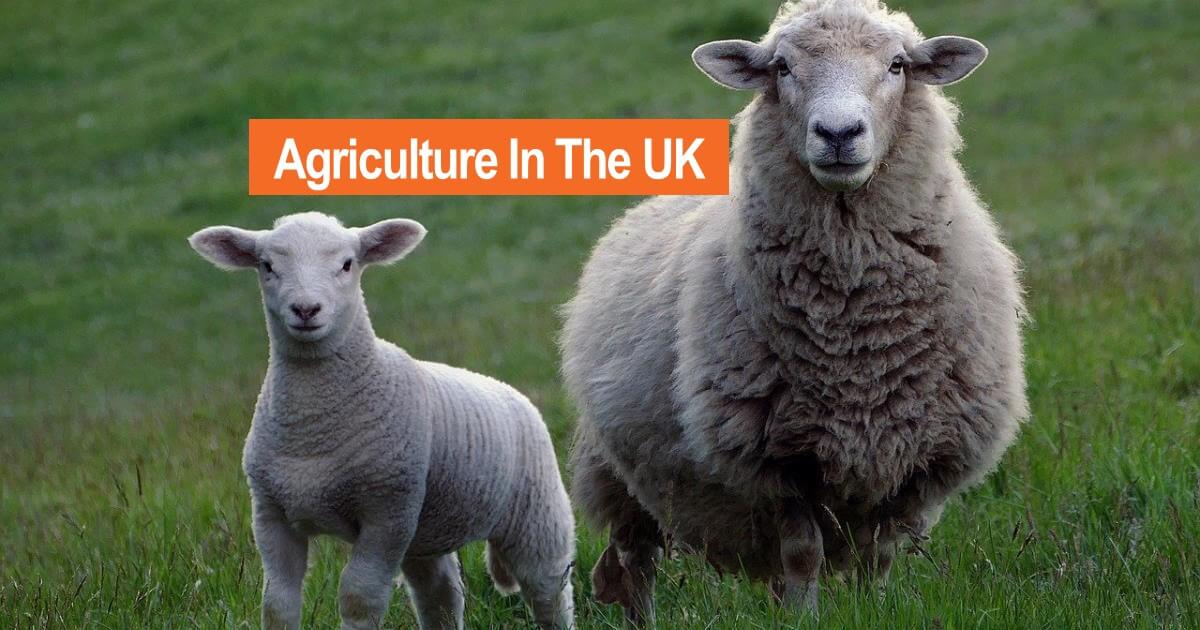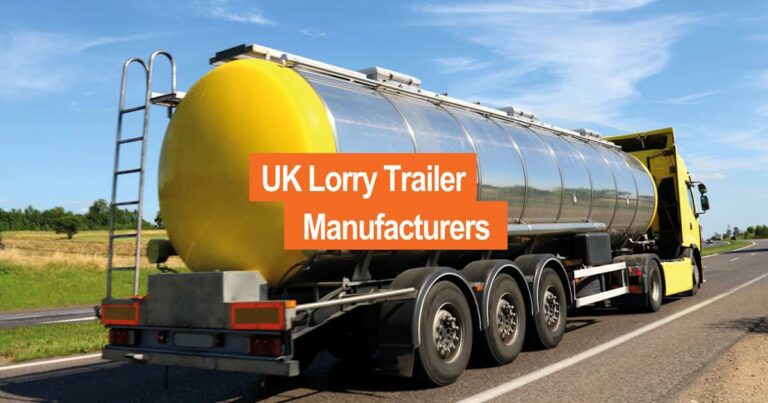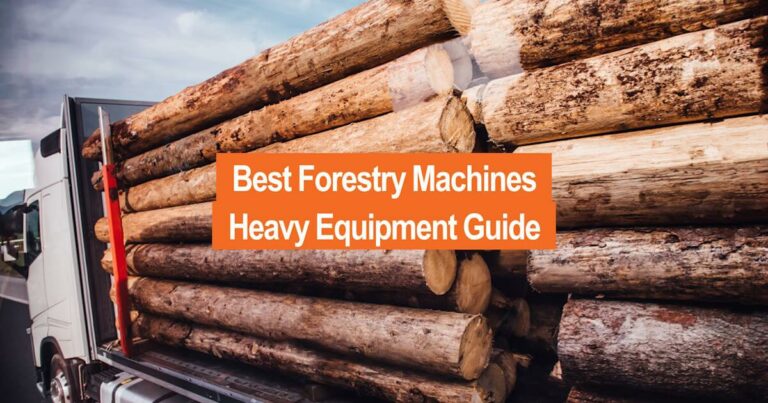The Farming Industry In The UK
Rolling hills, lush green fields, fluffy sheep and the hum of tractors on country lanes…
The UK farming industry may conjure up delightful ‘green and pleasant land’ imagery, but the reality is an economical powerhouse, highly mechanised and partly responsible for the UK’s trade success in a competitive global market.
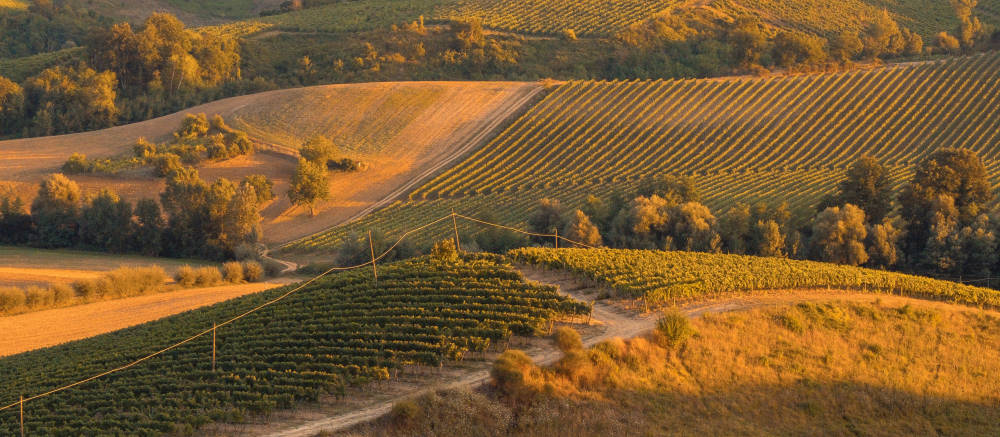
The History
Farming and agriculture are industries long associated with the UK and have been for thousands of years.
As our population increased, so did demand.
The need to feed a growing population through the more sophisticated production of crops and animal products shaped our landscape. By the time the Romans arrived in 55BC, large parts of southeast England were already a patchwork of hedged fields, with farmsteads and villages – not dissimilar to what we see today.
By the 18th century, increased agricultural production could be related to three main factors:
- The perfection of the horse-drawn seed press, making farming less labour intensive and more productive
- The large-scale growth of new crops, such as potato and maize
- The passing of the Enclosure Laws, limiting the common land available to small farmers in 1760
During the Second World War, farming again underwent a huge upheaval, with the government forced to control much of what was grown and distributed in order to ensure maximum productivity from the land.
With a hungry population and the inability to mass import, the UK relied on farming more so during the war years than ever before. Alongside the modernisation of machinery and more effective production, assistance from the Women’s Land Army ensured that neither troops nor civilians went hungry during this period of turbulence and uncertainty.
Farming And Agriculture In The UK Today
The types of farming in the UK can be broadly separated into three key areas:
- Arable farming – crops (wheat and barley)
- Livestock farming – raising animals (cows and sheep)
- Mixed farming is both arable and pastoral
Farms in the South and East of the UK tend to be more suitable for arable farming because of the flatter land, fertile soils and warmer, dryer climate. With steeper slopes, wetter weather and higher winds, highland areas in the North and the West of the UK are more suited to livestock farming.
In the Contributions of UK Agriculture report commissioned in 2017 by Development Economics, the contribution of farming to the UK economy can be valued by looking at four areas:
- Farm performance: the volume of agricultural outputs (such as the amount of milk, beef and wheat produced) and the proportion of the food we eat that is produced in the UK.
- Economic performance: the contribution of farming as a generator of both economic output and employment. As well as the value generated directly by farming, economic performance is also measured by the role farming plays in supporting UK food manufacturing – largest manufacturing sub-sector in the UK economy.
- Environment: the role that farming plays in managing the countryside, through the provision and upkeep of habitats, and also the role that farmland increasingly plays in the production of renewable energy. This theme also covers the trends for emissions of greenhouse gases and the use of resources used to help grow our food.
- Social contribution: the role that our farmland plays in contributing to public goods, such as recreation and enjoyment of the countryside.
Today, farming and agriculture is worth a whopping £120 billion to the UK economy, employing over four million people. With 149,000 farm businesses spread across the nation, farming offers a greater contribution to the UK economy than the motor trade, education, finance and insurance.
For farmers in the UK, accessing and maintaining the right machinery and vehicles is overwhelmingly costly, eating into capital that may need to be spent on livestock, feed and other expenditure. The importance of agricultural finance is vital; giving farmers the funding necessary to purchase new inputs, cover land costs and market products. Agricultural finance also gives farmers ‘breathing room’ should a crisis occur.
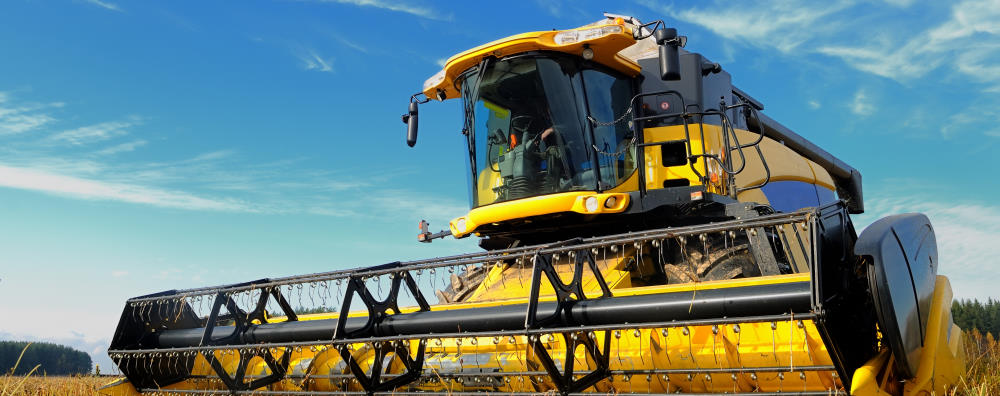
In terms of finance for agricultural land purchase, many of the larger banks offer loans and mortgages for such a venture. These flexible payments are designed to assist farmers with buying farmland, farm buildings and improving agricultural infrastructure, with finance applications usually undertaken through a specific agriculture finance team.
According to Countryside Online, British farming provides 61% of the food eaten in the UK with 66% of all farm businesses in England also running other enterprises such as farm shops, wedding venues and B&Bs. This generated an income of £680 million in 2017/18 to the UK economy.
Alongside feeding a nation on home turf, the export opportunities offered as a result of farming and agriculture contributed to the success of our thriving rural communities, providing a steady job and income to hundreds of thousands of people across the UK.
UK Farming Facts From Cropscience
- Farming plays an important role in managing the environment of over 70% of the UK’s land area
- An estimated 3.7 billion visits are made by UK resident adults to the countryside each year with the annual value of these visits estimated to be worth just over £19 billion per year
- East Anglia is the top crop-producing region
- The UK produces 7.8 million tonnes of wheat for bread making each year, with the average household buying 43 loaves per year
- 5.5 million tonnes of potatoes are produced in the UK each year, enough to make 27.5 billion packets of crisps
- 60% of food eaten in the UK is grown in Britain
- 77% of shoppers agree that it’s important to support British farmers
With every £1 invested in farming, £7.40 is generated back to the UK economy.
It is clear that as an industry farming is vital to the UK economy. This is supported not only by crop growing and production, but additional industries such as tourism, engineering and renewable energy.
In terms of export, the overall value of agri-food exports in 2015 was provisionally estimated at around £18 billion. According to the Department for Environment, Food and Rural Affairs (DEFRA), since 2005 the value of the UK’s agri-food exports in real terms has risen by around 35%, with the five most important destinations for UK exports being the Irish Republic, France, the USA, the Netherlands and Germany.
Economics aside, it is also clear that farming is a huge part of our national identity, culture, history and heritage. As well as attracting national tourism; the strong contribution our landscapes make for international visitors cannot be overlooked.
With the countryside providing recreational and learning opportunities, protected spaces for wild animals and cultural and historical landmarks; the visible contribution agriculture in the UK has is far broader and richer than numbers alone can define.
Why Should We Back Farming And Agriculture In The UK?
In terms of positive contributions to the UK economy, the sale of billions of pounds worth of crops and animal products is key to this thriving industry. Alongside this success is the creation of millions of jobs, often in areas where opportunities for steady careers are harder to come by.
Secondary to this overwhelming success is the peace of mind we, as customers, have for consuming high quality, safe and affordable food. British farming has some of the highest animal welfare standards in the world, resulting in tasty, healthy food with quality assurance and welfare schemes reassuringly in place.
In terms of the countryside habitats themselves; wildlife preservation, the reduction of pesticides, the reintroduction of native species and climate-friendly farming have all encouraged stronger and better-preserved habitats for our food to grow.
With these high standards in place, it’s clear that on a national and international stage, the reason business is on the up isn’t purely because of the quantity of crops provided, but the assured quality the UK can offer in comparison to our competition.
Challenges And Opportunities
As with many industries, farming is facing its own problems. With climate change, labour conditions and environmental challenges becoming of increasing concern, the spotlight is on farmers and the UK agricultural industry now more than ever before.
Looking at agricultural challenges; the use of fertilisers, pesticides and animal waste contribute heavily to poor or bad water conditions in rivers and streams across the country. With 40% of this water ranked as below average in quality, a cleaner and greener approach to large-scale agricultural farming is in demand, with farmers having no choice to comply with increasingly strict regulations.
Alongside this, the National Farmers Union has commented that only 1% of the 60,000 seasonal workers picking fruit and vegetables last year were British. The other 99% came from Eastern Europe, in particular, Bulgaria and Romania. The Chief Executive of the Berry Gardens Growers Cooperative, Jacqui Green, said that there has already been a “30 to 40% shortfall in labour this year as a result of the ‘Brexit effect’.”
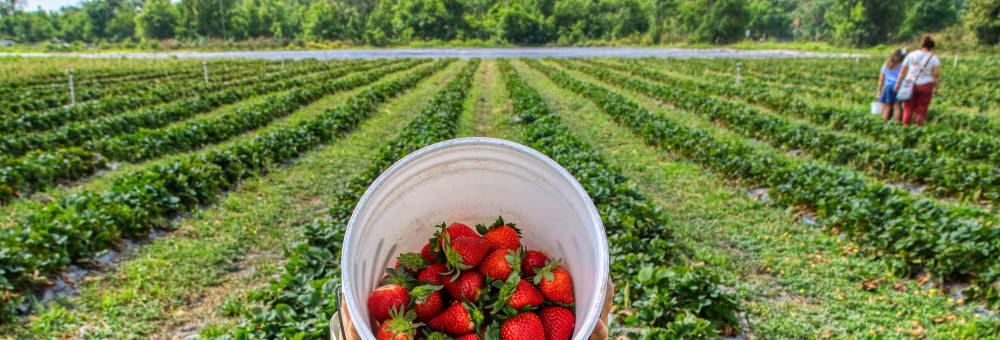
At the 2019 Oxford Farming Conference, politicians and industry leaders clashed over the trade prospects for growers and livestock producers after the UK leaves the European Union. Farmers raised the key concern that whilst industry standards are high here in the UK, these standards may be lower for imports, resulting in poor quality meat and produce entering the UK and undercutting prices.
For our best agricultural finance rates for farmers, complete our short form:
What’s Next For UK Farming?
Aside from the ‘Brexit effect’, one of the areas gaining increasing traction the world over is the impact agriculture in the UK has on the environment – in particular the contribution the industry makes towards climate change.
Thankfully for farmers, UK agriculture has managed to increase the production of food at the same time as decreasing its impact on the environment. Data published by DEFRA and other Government sources confirm that:
- since the year 2000, the annual production of greenhouse gases attributable to agriculture has decreased by 5.5 million tonnes per annum, a fall of just over 10%
- the usage by UK agriculture of water and mineral fertilisers on an annual basis has continued to decrease and the yearly emissions of ammonia by UK agriculture has also fallen significantly
This improved environmental performance is due to a range of factors including:
- efficiency and productivity gains driven by innovation and technological process on the part of farmers and the wider agri-industry supply chain
- more widespread use of best practice through the spreading of knowledge via farming industry networks and industry-led schemes; and the availability of agri-environment schemes
As well as decreasing its own environmental footprint, UK agriculture has also become an increasingly important provider of renewable energy for the UK economy through a number of technologies including wind power, solar power and energy produced from biomass.
To support this transition into continued cleaner and greener farming, the UK government have also announced plans to:
- provide grants to help farmers and growers invest in technology and equipment that improves environmental sustainability and reduces carbon emissions
- support farmers and growers to become more profitable and productive and receive the best prices for their produce through improving market conditions – taking action to make the supply chain fairer
- support innovation in agriculture putting farm businesses at the front of future research and development
The introduction of the Environment Land Management Scheme (ELM) will also “deliver against the government’s commitment to achieve net zero emissions by 2050, while also contributing to a thriving rural economy and farming sector.” In all, the future for UK British agriculture seems bright, despite undergoing another period of transition and upheaval.
With a more self-reliant agricultural industry on the cards, and a commitment from the Government to increase competitiveness, a new agricultural landscape is on the horizon for the UK economy and the farmers who support it.

